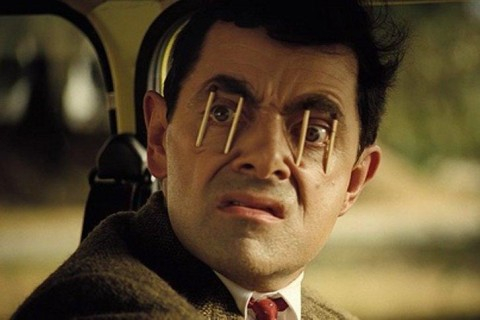A full 7-8 hours of sleep may seem like an almost impossible luxury to many. A growing body of evidence suggests that, in the short term, partial sleep may pave the way for weight gain and other negative metabolic consequences.
The editors of estet-portal.com will tell about the non-obvious reasons for weight gain.
- The side effects of lack of sleep have been proven – consider the problem from the angle of scientific research
- What actually happens to the body through lack of sleep
- How to solve sleep problems
The side effects of lack of sleep have been proven – consider the problem from the angle of scientific research
A lot of research has been done on metabolic health by US and British scientists in the relationship between lack of sleep and obesity.
One study presented at the National Meeting of the Endocrine Society (San Diego, California) suggests that sleep 30 minutes less than needed on a weekday may increase the risk of obesity and diabetes.
Subscribe to our page on Instagram!

According to a study conducted at the University of Chicago Clinical Resource Center, lack of sleep reduces the ability of fat cells to cope with insulin by 30%.
According to a study presented in the American Journal of Clinical Nutrition, sleep-deprived study participants (30 people) ate an average of 300 more calories per day. Another University of Colorado study of 225 people found that those who spent only four hours in bed five nights in a row gained almost one kilogram more than those who stayed in bed for about 10 hours during the week.
Subscribe to our page on Facebook!

Adults sleeping 4 hours a day, compared to 10 hours a day, have an increased feeling of hunger, an appetite for high-calorie foods containing many carbohydrates.
What actually happens to the body through lack of sleep
Of course, poor sleep is not the only factor in weight gain there are other causes, including genetics, health conditions, diet, stress, exercise habits. But the evidence is undeniable: when sleep disappears, extra weight appears.
Lack of sleep causes numerous changes in your body that are reflected in your figure, for example:
- Lack of sleep leads to fatigue and less physical activity.
- When people want to sleep, they make poor food choices and often eat more than they need.
- Lack of sleep destroys fat cells, which can lead to weight gain and type 2 diabetes.
- Sleep deprivation activates a small part of the hypothalamus, an area of the brain that is also involved in appetite regulation.

- Sleep duration affects hormones. When you're exhausted, your hormones go a little crazy too, boosting ghrelin, which signals hunger, while lowering leptin, which signals satiety. There are also other hormones involved in the regulation of food intake that can be affected by sleep deprivation. Scientists are studying endocannabinoids, which are elevated in the afternoon in people with insomnia. These hormones promote eating for pleasure, which is called "hedonic eating".
- Lack of sleep reduces the ability of fat cells to respond properly to the hormone insulin, which is critical for regulating energy storage and use. Insulin promotes the release of leptin, so if your fat cells are less insulin sensitive, your body will produce less leptin, which is associated with more food intake and weight gain.
- can also lead to muscle loss and fat gain. Elevated levels of cortisol encourage the body to store fat and are more likely to use other soft tissues such as muscles for energy. How to solve sleep problems
The simplest form of
treatment for sleep deprivationis, of course, getting more sleep. If you haven't slept for weeks or more, you may need to see a doctor or sleep specialist to diagnose the problem and prescribe appropriate treatment.
Sleep disturbances make it difficult to get a good night's sleep and may also increase the risk ofsleep-deprivation
-related consequences. Here are the most common:
sleep apnea
Motor Disorders
convulsions
narcolepsy
restless legs syndrome- To diagnose these disorders, a sleep study is carried out at the Sleep Center, but it is also possible to do this at home. Diagnosis of
involves medication or devices to keep the airways open at night (as in sleep apnea) to control symptoms and get regular sleep.

The best way to improve sleep – it's to make sure you get enough sleep and follow the recommendations for your age group, namely adults aged 18 to 64 are advised to sleep between 7 and 9 hours.
There are also other ways to ensure
healthy sleeplimit daytime- sleep
- (or eliminate it altogether);
avoid caffeine after dinner;
try to go to bed at the same time every night;
try to wake up at the same time every morning;
keep sleep even on weekends;
during the hour before bedtime, engage in relaxing activities (bathing, meditation);
do not eat heavy meals two hours before bedtime;
avoid using electronic devices before bed (smartphone, tablet, laptop);
do exercise daily.- People with sleep disturbances and difficulty falling asleep at the same time can make a difference by taking natural melatonin supplements.
One of the reasons you may
gain weight due to lack of sleep is that your body goes into survival mode. Insomnia can trick the body into thinking you are in danger. Your metabolism slows down as the body tries to conserve its resources. So now you have one more reason to sleep well at night.





